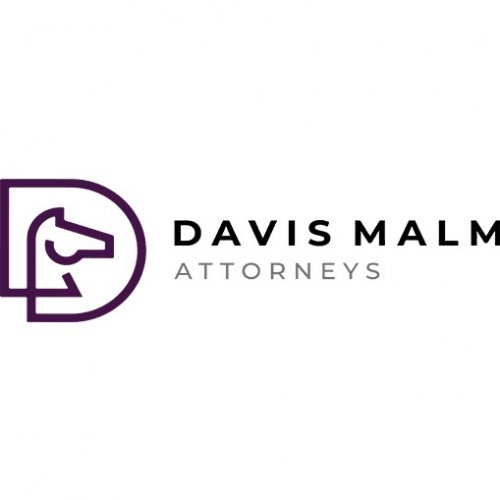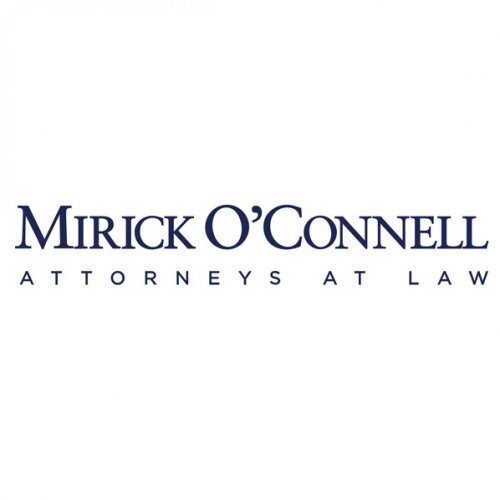Best Child Abuse Lawyers in Massachusetts
Share your needs with us, get contacted by law firms.
Free. Takes 2 min.
Free Guide to Hiring a Family Lawyer
Or refine your search by selecting a city:
List of the best lawyers in Massachusetts, United States
About Child Abuse Law in Massachusetts, United States
Child abuse is a serious legal and social issue in Massachusetts. The laws are designed to protect children from physical, emotional, and sexual harm, as well as from neglect and exploitation. Massachusetts defines child abuse as any act or failure to act by a parent, caregiver, or person responsible for the child that results in actual or potential harm to a child. The state takes these allegations seriously and has strict procedures for investigating claims and punishing offenders. Both the Department of Children and Families (DCF) and law enforcement are responsible for responding to and investigating reports of suspected abuse.
Why You May Need a Lawyer
Individuals may need legal help in child abuse cases for a variety of reasons. If you are accused of child abuse, having legal representation is vital to protect your rights, navigate investigations, and defend yourself in court. Victims or their guardians may need a lawyer to ensure the abuser is stopped and faces consequences, and to seek protective orders or damages. Sometimes, professionals such as teachers or doctors seek legal advice after being accused of failing to report suspected abuse. Additionally, people involved in custody disputes may face or make allegations of abuse, making legal counsel crucial to protect their interests and the children involved. In all these situations, an attorney experienced in Massachusetts child abuse law can provide essential guidance and advocacy.
Local Laws Overview
Massachusetts General Laws Chapter 119, Section 51A, sets out the procedures for reporting and investigating child abuse and neglect. Certain professionals, called mandated reporters, must report suspected abuse to DCF. Failure to report can result in fines or criminal charges. The state defines abuse broadly, including physical injury, sexual abuse, emotional abuse, neglect, and risk of harm. Upon receiving a report, DCF must determine if the child is in immediate danger and may remove the child from the home if necessary. Both DCF and law enforcement can pursue investigations, which can result in civil or criminal proceedings, protective orders, and changes to custody or parental rights. Convictions for child abuse can carry severe penalties, including imprisonment and loss of parental rights.
Frequently Asked Questions
What is considered child abuse in Massachusetts?
Child abuse includes physical, sexual, or emotional harm, as well as neglect or placing a child at risk of harm, by a parent, caregiver, or responsible person.
Who is required to report suspected child abuse in Massachusetts?
Mandated reporters, including teachers, doctors, nurses, social workers, police officers, and others who work with children, are legally required to report suspected child abuse to DCF.
How do I report suspected child abuse?
You can report suspected child abuse by contacting the Massachusetts Department of Children and Families (DCF) or by calling the local police department. Reports can be made anonymously.
What happens after a report of child abuse is made?
DCF will screen the report and, if necessary, conduct an investigation. Law enforcement may also be involved. The child’s safety will be assessed, and protective measures may be taken.
What rights do parents have if accused of child abuse?
Parents have the right to be informed of allegations, consult a lawyer, and participate in hearings. They can present evidence and appeal certain decisions.
What are possible penalties for child abuse in Massachusetts?
Penalties can include criminal charges, imprisonment, loss of parental rights, or restrictions on contact with the child, depending on the severity of the abuse.
Can false allegations of child abuse be prosecuted?
Yes. Knowingly making a false report of child abuse is a crime and can lead to legal consequences for the accuser.
Can child abuse affect custody or visitation rights?
Yes. Allegations or findings of abuse can result in loss or limitation of custody or visitation rights to protect the child’s safety.
Can a child testify in court about abuse?
Yes, but courts take special care to protect child witnesses. The process is tailored to minimize trauma and ensure the testimony is reliable.
How long do you have to report child abuse in Massachusetts?
There is no statute of limitations for reporting child abuse to DCF, but criminal charges have time limits depending on the offense. It is important to report as soon as possible.
Additional Resources
If you need help or more information regarding child abuse in Massachusetts, the following resources may be useful:
- Massachusetts Department of Children and Families (DCF): Handles reports of abuse and provides services to affected families. - Massachusetts Trial Court’s Probate and Family Court: Handles custody, visitation, and protection orders. - Massachusetts Bar Association: Can provide referrals to qualified attorneys. - Boston Children’s Hospital Child Protection Team: Offers medical and psychological support for abused children. - Children’s Advocacy Centers of Massachusetts: Offers support and advocacy services for children and families. - Local police departments: Can be contacted if you believe a child is in immediate danger.
Next Steps
If you or someone you know is involved in a situation regarding child abuse, taking prompt action is crucial. Begin by ensuring the child’s immediate safety. Report any suspected abuse to DCF or local law enforcement as soon as possible. Seek medical care if needed. If you are facing allegations or need to protect a child from abuse, consult with an attorney experienced in child abuse law in Massachusetts to understand your rights and responsibilities. Consider contacting support organizations for additional guidance and resources. Each case is unique, so professional legal advice is essential for the best possible outcome.
Lawzana helps you find the best lawyers and law firms in Massachusetts through a curated and pre-screened list of qualified legal professionals. Our platform offers rankings and detailed profiles of attorneys and law firms, allowing you to compare based on practice areas, including Child Abuse, experience, and client feedback.
Each profile includes a description of the firm's areas of practice, client reviews, team members and partners, year of establishment, spoken languages, office locations, contact information, social media presence, and any published articles or resources. Most firms on our platform speak English and are experienced in both local and international legal matters.
Get a quote from top-rated law firms in Massachusetts, United States — quickly, securely, and without unnecessary hassle.
Disclaimer:
The information provided on this page is for general informational purposes only and does not constitute legal advice. While we strive to ensure the accuracy and relevance of the content, legal information may change over time, and interpretations of the law can vary. You should always consult with a qualified legal professional for advice specific to your situation.
We disclaim all liability for actions taken or not taken based on the content of this page. If you believe any information is incorrect or outdated, please contact us, and we will review and update it where appropriate.
Browse child abuse law firms by city in Massachusetts
Refine your search by selecting a city.













